The OECD Nuclear Energy Agency (NEA) report, Gender Balance in the Nuclear Sector, is based on data collected from more than 8000 women in the nuclear workforce in 32 countries, as well as human resources data from 95 nuclear organisations in 17 countries. It found that just under a quarter of workers in the nuclear sector are female.
Before getting into full details of the report, World Nuclear News spoke to Corhyn Parr, CEO of Nuclear Waste Services, to hear her experience and her views on attracting more women into working in nuclear.
The senior executive's view
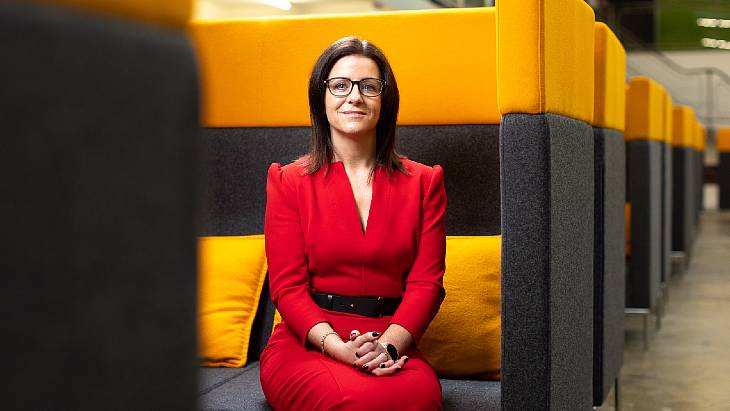
(Image: NWS)
Parr, pictured above, is based in the UK and has worked in the nuclear industry for more than 20 years, in a number of different of roles and countries. Her message to young women choosing a career is: "It’s just brilliant - why would you not want to go into the nuclear sector?
"As I’ve gone through my career I’ve tried to think of another sector where I would have got more experience - I’ve got to travel, had a completely varied career path, I’ve worked with some brilliant people."
There has been progress over her time in the industry - she remembers that when she started out she could be "in a reactor hall in a boiler suit with hard hat and boots and I didn't see many women, they didn’t always have female changing rooms and you had to be pretty hard-nosed to put yourself there. That’s not the case now, it’s far more balanced, although we’re still around the 20-25% female representation across the sector".
The industry has plenty of national and international initiatives to try to improve the gender balance, and Parr cites in particular the work being done by Women in Nuclear and the Young Generation Network.
She says that in the UK alone, "we need 10,000 people a year" and decommissioning, waste management, nuclear reactor operations and defence are long-term funded major capital programmes so you can join and then "jump about" within the sector.
Nuclear Waste Services now has more than 40% female staff, with the same proportion at executive levels. Parr says that things like how job adverts are drafted, offering more flexibility, and apprenticeships are all key and more needs to be done.
"It is important to be attractive to everyone, people across every part of our society bringing in different ideas and experiences … we’ve got to change the way that we talk to not just women and other young people, but other diverse groups that we’ve not been able to historically attract to our sector," she says.
The NEA survey's results
The NEA believes total nuclear energy production needs to triple by 2050 for governments around the world to achieve net zero emissions and says "the nuclear sector will need to grow and diversify its workforce as a result, but that will be difficult to achieve unless it attracts more women".
It found that "only 24.9% of the nuclear sector workforce in NEA countries is female" with the numbers in science, technology, engineering and mathematics (STEM) and leadership roles "lower still … this lack of diversity represents a loss of potential innovation and growth and a critical threat to the viability of the field":
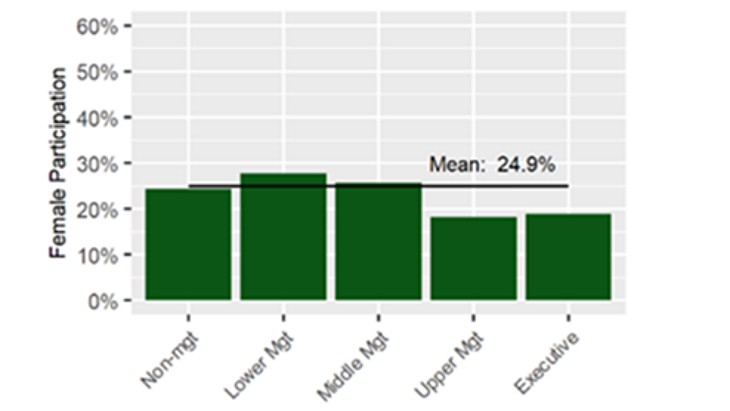
(Image: NEA)
The report says that more than half of the women surveyed indicated that "their workplace culture is inclusive, but there is significant regional variation" and "approximately two-thirds of the women surveyed believe that gender stereotyping, micro-aggressions, unconscious bias and/or male-dominated work cultures negatively impact women’s careers in the nuclear sector". It also says that nearly half of the women surveyed "have experienced or heard accounts of gender bias or sexual harassment at work, and that, based on limited data from 12 countries, women were paid on average 5.2% less than men".
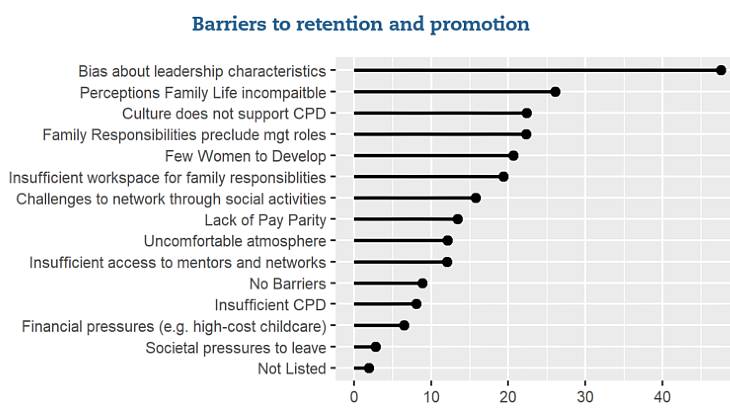
(Image: NEA)
Respondents were asked if pregnancy/maternity leave negatively impact women’s career trajectory:
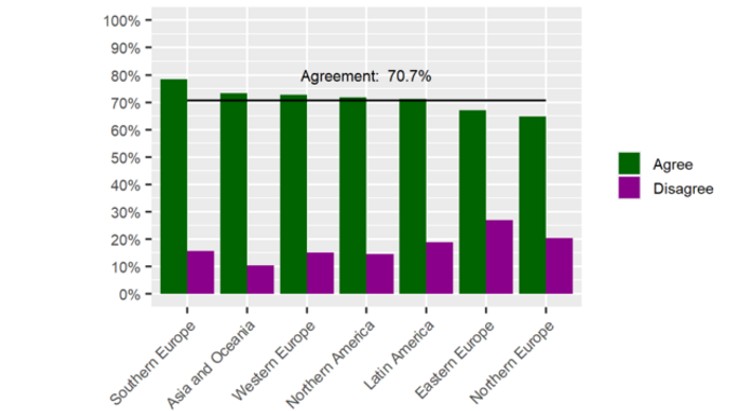
(Image: NEA)
Those surveyed ranked "improving the visibility of women in the sector … as a solution for enhancing the attractiveness of the sector for women" as well as increasing career flexibility. And most of the women surveyed "would encourage other women to pursue a career in the sector".
The report's key recommendations are:
- Attract women into the sector through public communications campaigns, enhancing the educational pipeline, and balanced recruitment and hiring
- Retain and support women in the nuclear sector workforce by eliminating harassment, building inclusive work environments, addressing impacts related to familial responsibilities, assessing unequal impacts on women of policies and programmes, linking executive management performance to progress on supporting and advancing women, and by conducting regular national qualitative surveys on workplace experiences
- Advance and develop women as leaders and enhance their contributions to the sector by eliminating unequal impacts for women’s career recognition and advancement and by conducting regular national surveys on women’s participation in the nuclear sector workforce; and
- Provide data and accountability through goal-setting, regular reporting and designating resources and senior-level individuals to implement the above actions.
NEA Director General William Magwood said: "Our member countries, whatever their policies with regard to nuclear energy, need a large number of talented, well-trained people to address the challenges of the future. The fact that so few women enter nuclear science and technology fields and fewer still climb to leadership roles is a terrible loss of a resource that is desperately needed. Beyond that, I believe all activities benefit from having diverse viewpoints brought together to analyse and solve challenges. Women often bring a different perspective that I find enhances organisations and strengthens outcomes. The lack of women in the nuclear field, in my view, is an existential challenge for the sector."
Fiona Rayment, chief science and technology officer of the UK's National Nuclear Laboratory and chair of the NEA group that conducted the study, said: "I am delighted to see the launch of this report which provides the quantitative and qualitative information on the status of gender balance in nuclear internationally and the associated challenges that women face. My hope is that this report enables the sector to have a springboard to move to greater gender balance in the years ahead driving the neurodiversity the sector is craving."

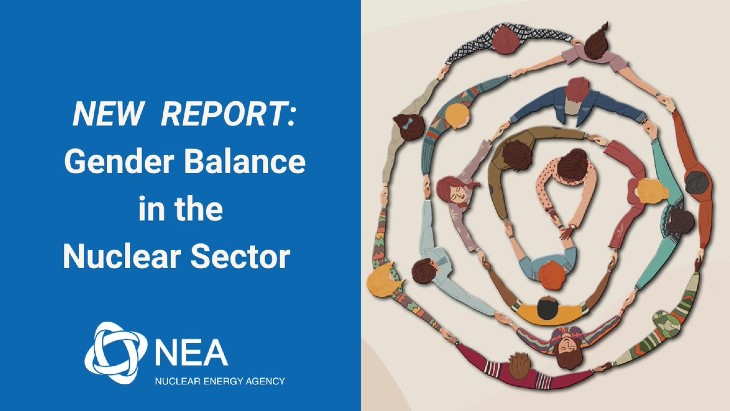




_28178.jpg)
_66891.jpg)
_16128_62584.jpg)





